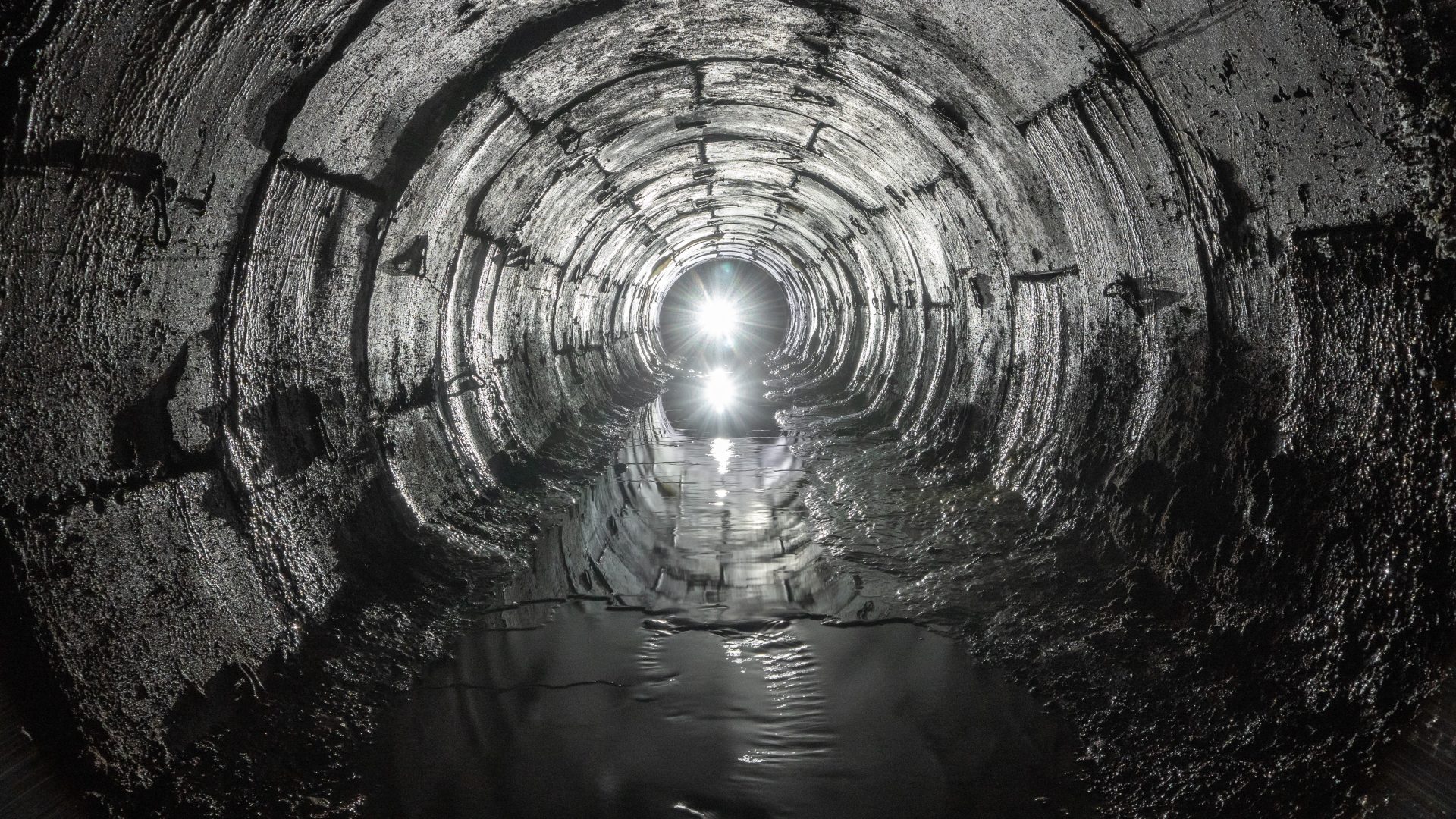Southern Water is using artificial intelligence and 22,000 state-of-the-art monitors to dramatically cut the impact of fatbergs and other blockages that currently cause hundreds of pollution incidents every year. The £15 million project is already having an impact.
Machine learning software developed in the UK powers the system and alerts Southern Water’s control to risks before they become incidents.
The vast majority of sewer blockages are caused by ‘unflushables’ like wet wipes and plastics, as well as fat, oil and grease, gathering in pipes. These blockages can lead to environmentally damaging flooding outdoors and deeply distressing flooding inside homes and properties.
Tackling this issue is a priority for Southern Water, and this innovative technology is expected to cut pollution incidents by up to 40%. This equates to around 500 fewer internal floods between now and 2025, and about 7,000 fewer external floods during the same period.
The roll-out of Smart Sewers builds on Southern Water’s existing improvement in tackling external sewer flooding, where last year Southern Water reported a total of 3,944 incidents – well below their target of 4,141. Meanwhile, sewer network cleaning, other blockage reduction activities and an intensive focus on repeat issues are also helping Southern Water maintain their best ever performance in this area.
The monitors, which are being installed across high-risk areas of the 39,500km sewer network, communicate digitally with Southern Water’s Operational Control Centre, where technicians are warned about potential blockages forming long before any risk of a pollution spill from a manhole, or flooding directly into homes, schools, businesses or any other property.
Alex Saunders, Southern Water’s Head of Wastewater Networks, said:
“We already have a good record on cutting pollutions from sewers thanks our Network Protection Team. There is also growing awareness among customers that wet wipes and other unflushables combine with fat, oil and grease, incorrectly disposed of down drains, to form fatbergs. These block sewers and can cause wastewater to back up the system.
“This revolutionary technology will mean we can respond proactively instead of waiting for sewers to block. Spills from manholes are ugly, unpleasant and damage the environment. Internal sewer flooding is incredibly distressing. We believe the deployment of this system will have a real impact on both of these types of incident.”
The monitors and software in the control centre use ‘machine learning’ to understand the normal behaviour of sewers in both dry and wet weather, and then automatically flag when unusual flows are noted. They measure the height of wastewater under manholes.
Teams can then quickly be dispatched to clean sewers with high powered water jets, while investigations can also be launched to track the potential source of problems.
Alex added:
“It is crucial that households understand the dangers of putting anything other the three ‘Ps’ – pee, poo and paper – down their loo, and the risks of pouring cooking fat and oil down their sink. Responsible food businesses should also have fat traps and proper procedures in place to help.
“Every year we extract around 5,000 tonnes of wet wipes and other plastic from wastewater – enough to fill a row of skips five miles long. And weird and wonderful things turn up at treatment works. Anyone with a toddler can guess why a cuddly toy might arrive but after Christmas we have even found a blockage caused by a string of fairy lights.”



